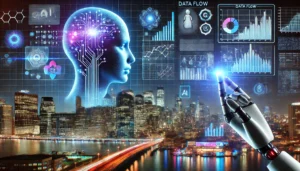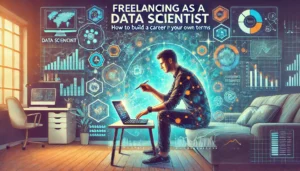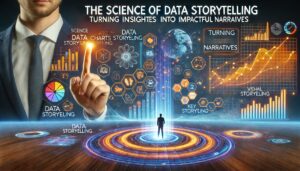Empowering Future with Certified Online Courses 📚 | Learn Anytime, Anywhere!
Gain in-demand skills with hands-on training, expert mentorship, and real-world projects to unlock top career opportunities in AI, DevOps, Data Science & Data Engineering.
Kickstart Your Data Engineering Journey – Enroll Today!
Countdown Expired!
Our Courses
Our Achievements
ISO 9001:2015 Certified
Quality management system certified to international standards
NSDC Affiliated
Recognized by the National Skill Development Corporation
Google & Meta Certified Trainers
Our trainers are certified by leading tech companies
Industry Approved Curriculum
Courses designed with direct industry input and validation
About Us
The world is evolving, so are we. At BICTORS, we equip you with the skills to stay ahead in Data Science, AI, and DevOps. Join us and future-proof your career
We specialize in Data Science, AI Engineering & Automation, DevOps, and Data Engineering, equipping students and professionals with job-ready skills.
Our mission is simple: to help you secure a rewarding career in the tech industry. Through expert-led training, hands-on projects, and career mentorship, we ensure our graduates are well-prepared to meet industry demands.
With a strong network of hiring partners and industry-focused learning, BICTORS is the go-to destination for aspiring IT professionals. Whether you’re a student, a working professional, or looking for a career shift, we’ll provide you with the skills and confidence to succeed.
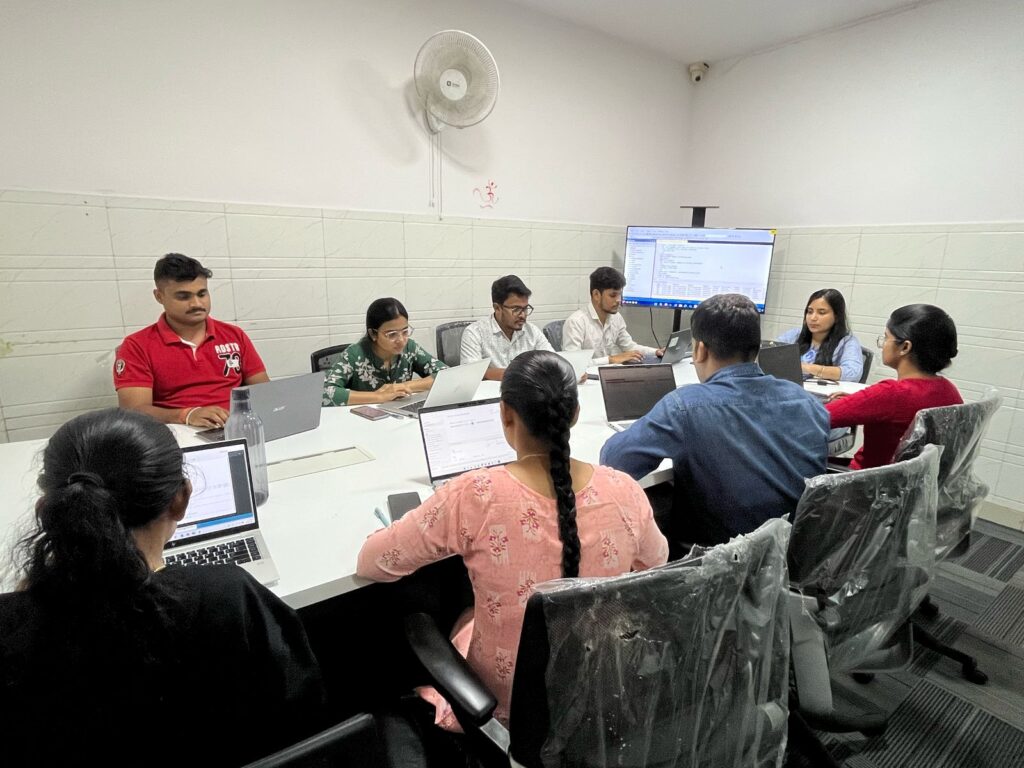
Our Mission
To equip individuals with practical, job-ready skills in Data Science, AI Engineering & Automation, DevOps, and Data Engineering, enabling them to excel in the tech industry through hands-on learning, expert mentorship, and real-world projects.
Our Vision
To become a globally recognized leader in tech education, transforming careers through hands-on training, expert mentorship, and real-world projects, ensuring our graduates drive innovation and success in the IT industry.
Core Values
At BICTORS, we prioritize excellence by delivering industry-focused training that prepares students for real-world challenges. We embrace innovation, ensuring our curriculum evolves with the latest tech trends.
Our Course Curriculum
Data Science
Modules: Data Mining, Visualization, Predictive Modeling, Industry Projects
Skills: SQL, Python, Tableau, Power BI, ML, GCP/AWS
Eligibility: Graduates & Professionals
Career Paths:
Freshers: ₹3–6 LPA (Data Analyst, BI Analyst)
1–3 Yrs: ₹5–12 LPA (Sr. Analyst, Tableau Dev)
4–8 Yrs: ₹12–30 LPA (Data Engineer, Consultant)
8+ Yrs: ₹30+ LPA (Manager, Architect)
Highlights:
✓ 240+ learning hours
✓ Placement Assistance
✓ Industry Certification
AI Engineering & Automation
Modules: AutoML, RPA, Generative AI, MLOps
Skills: PyTorch, TensorFlow, Azure, CI/CD for AI
Eligibility: Graduates & Professionals
Career Paths:
Freshers: ₹6–15 LPA (AI Engineer, Automation Specialist)
1–3 Yrs: ₹12–20 LPA (ML Engineer, AI Developer)
4–8 Yrs: ₹18–40 LPA (AI Architect, Lead Engineer)
8+ Yrs: ₹40+ LPA (AI Head, Principal Architect)
Highlights:
✓ Hands-on AI deployment projects
✓ Industry-aligned curriculum
✓ Cloud certification prep
✓ Real-world automation case studies
Top Hiring Partners


















successful students
VIdeo Lessons
Hours of Content
Hiring Partners

We Are Experts in Teaching & Mentorship
At Bictors, we bring together industry professionals who are not just experts in their fields but also exceptional coaches and mentors. Our instructors are dedicated to guiding you through real-world challenges.
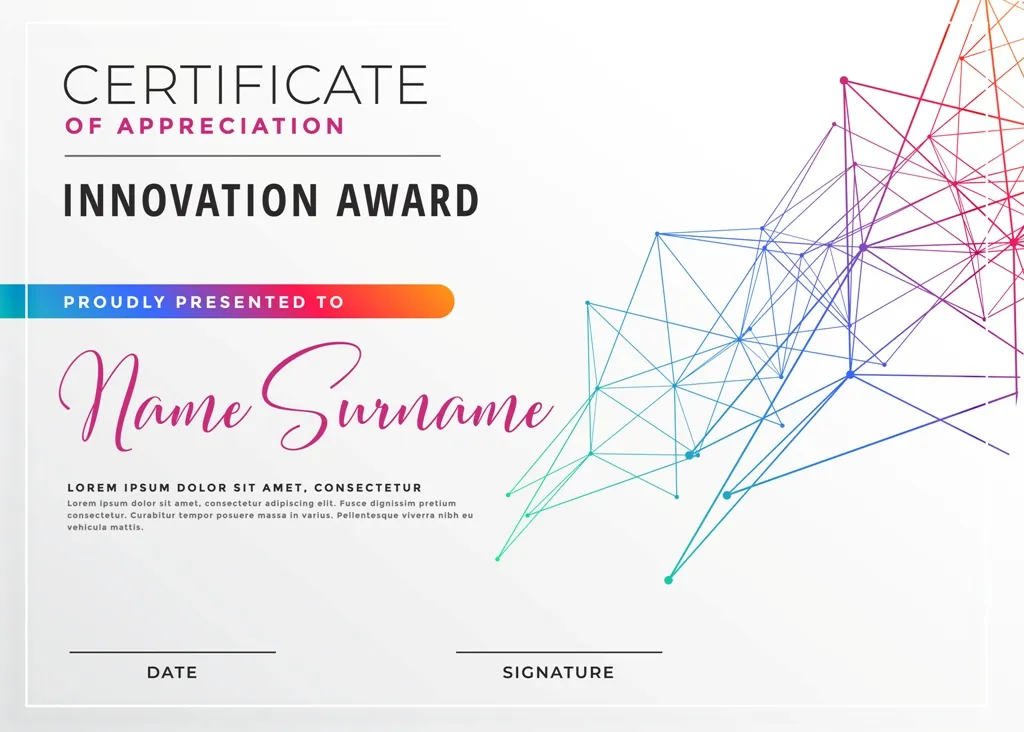
Earn a Reputative Certificate
Boost your professional qualifications with a certificate in Applied Generative AI from Bictors. This prestigious certification allows you to showcase your expertise in one of the most cutting-edge fields, demonstrating your commitment to innovation and career growth. By enrolling in our industry-expert-led courses, you will gain hands-on experience and in-depth knowledge in Master AI, DevOps, and Data Engineering—skills that are highly sought after in today’s competitive job market. Whether you are looking to advance in your current role or explore new career opportunities, this certification will set you apart from the crowd. Share your achievement with your network, enhance your professional credibility, and take the next step toward becoming a leader in the fast-growing AI industry.
Our Star Placements






Meet Your Mentors
Trust-Building Titles
EXCELLENTTrustindex verifies that the original source of the review is Google. Had a great experience receiving training and full support from my mentors up to my placement. Thanks to their consistent efforts and my perseverance, I secured a position as a Lead Analyst at Annalect India with a competitive package within just a few months of training and mentorship. Thank you, Bictors, for believing in me.Trustindex verifies that the original source of the review is Google. Each topic is explained in details with examples and important questions. The faculty is well experienced and helps throughout the course. Highly recommendTrustindex verifies that the original source of the review is Google. Had the best experience here. The trainers were highly skilled and explained everything from the ground level. What I liked most was their way of explaining the approach to solve a particular problem. This is where I was lagging and after this course I have improved quite a lot in this area. The classes were very interactive and the trainers explained everything with practical examples which helped me a lot in understanding the problem and flow. They also guided me for the interview by providing interview based assignments and conducting mock interviews. All in all I would say, I really enjoyed the overall training program and the interview assistance following which I am now happily employed in a very good product based company. Totally recommend Bictors for those who are willing to excel their careers in Data Science and Analytics.Trustindex verifies that the original source of the review is Google. I recently completed the Data Science course at bictors, and I am incredibly impressed with the quality of the program. The curriculum was well-structured, covering everything from foundational concepts to advanced techniques. The instructors were highly knowledgeable, always willing to provide additional insights and real-world applications of the material. The hands-on projects and assignments gave me practical experience that has been invaluable in my career journey. I also appreciated the supportive learning environment and the access to additional resources, including career guidance and industry networking. I highly recommend bictors anyone looking to dive into Data Science and build a strong foundation for success in the fieldVerified by TrustindexTrustindex verified badge is the Universal Symbol of Trust. Only the greatest companies can get the verified badge who has a review score above 4.5, based on customer reviews over the past 12 months. Read more




